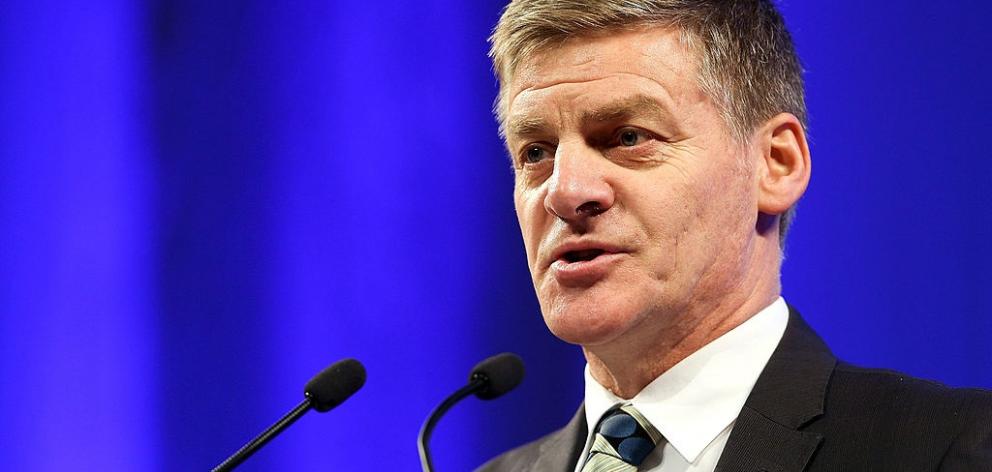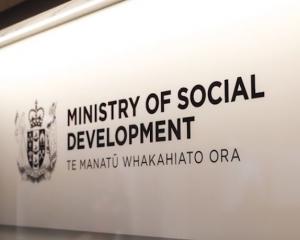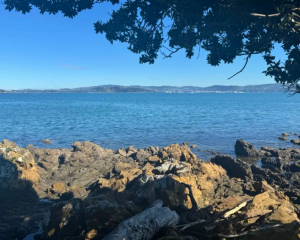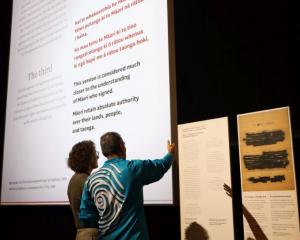
The Government is asking for advice on whether it should be charging companies to export bottled freshwater in response to rising public pressure on the issue.
Prime Minister Bill English said today that ministers were writing to a technical advisory group today to investigate a price on water allocation, but only in relation to the relatively small bottled water industry.
That is despite Environment Minister Nick Smith emphatically saying last week that it was not worth looking at because bottled water made up a fraction of the freshwater used in New Zealand.
Speaking at his weekly press conference this afternoon, Mr English said he sought more advice because of "growing public concerns" about the issue.
He reiterated that the issue was complicated and that any charge would mark a fundamental shift in policy in New Zealand.
"We're not saying it's too hard, we're just saying it's hard.
"Because it's a big shift for New Zealand, to say we're actually going to put a price on water.
"Water has been free, it hasn't been owned by anybody."
The advisory group would have to investigate who would charge for water, who received any revenue, what the charging rate could be, and whether it was legal to do it without establishing ownership of freshwater.
At present, commercial water users including irrigators, farmers, and wine-makers require permits but do not pay for the actual resource.
While the Government has only asked for advice on charging for bottled freshwater, that could require the advisory group to look at the broader question of whether all industries should be charged, including big users like irrigators.
"It's bound to raise other issues," Mr English said.
One of those issues is the question of who owns the water, which is part of an ongoing and fraught discussion between the Government and iwi. Maori rights and interests would be "part of the discussion", English said today.
It remained the Government's legal position that no one owned freshwater.
But English was unsure about the suggestion from one environmental group that a commercial charge could be applied to water allocation without designating ownership.
The advisory group's advice will be part of a broader review of freshwater due at the end of the year or early next year, meaning the Prime Minister has effectively delayed any decisions about freshwater charging until after the general election in September.
His Government came under increasing pressure over the last week after a nationwide campaign called for a moratorium on freshwater exports.
Labour, the Greens and New Zealand all wanted a price on water.
On Tuesday, Dr Smith opposed a ban on freshwater exports or a charge for commercial water use.
He said 9 million litres of bottled water was exported each year - a fraction of the trillions of litres of water in New Zealand's lakes, rivers and streams.
Banning exports to preserve freshwater was "about as silly as suggesting that we are going to solve our traffic problems by banning tricycles", he said.
Dr Smith said a broad charge on water would damage New Zealand's economy, because of the large amounts of water used by key industries such as dairy and beef farmers.











